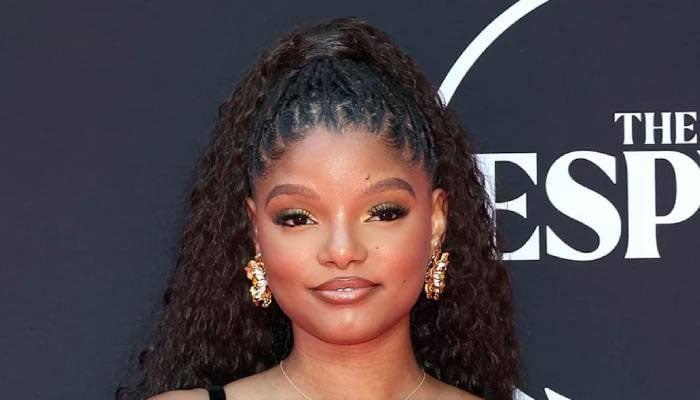American singer and actress Halle Bailey has publicly addressed her initial reaction to her son Halo’s unexpected appearance on Kai Cenat’s livestream. The situation has evolved into a broader conversation about co-parenting, privacy rights, and the challenges of raising children in the spotlight.
The controversy began when Bailey, currently away from home, discovered through social media that her young son had appeared on a popular livestream hosted by Kai Cenat, arranged by the child’s father, DDG. The 24-year-old star’s immediate response on November 6, 2024, expressed her deep concern about not being notified of this public exposure of her child to “millions of people.”
The situation took an introspective turn the following day when Bailey, after reactivating her social media accounts, shared a more measured perspective. “Yesterday maybe I did overreact and shouldn’t have brought it here,” she acknowledged, while maintaining her core concern about discovering her child’s activities alongside the general public. Her follow-up statement also included appreciation for Cenat’s gifts to Halo, suggesting an attempt to balance parental protection with graciousness.
What makes this situation particularly noteworthy is how it highlights the complex dynamics of modern co-parenting, especially for public figures. Bailey’s initial reaction “I am his mother and protector and saddened that I wasn’t notified, especially when I am out of town” resonated with many parents who understand the instinct to protect their children from excessive public exposure.
The public response to Bailey’s statements has been notably divided, with many supporters defending her right to express concern about her child’s public appearances. One user on X emphasized, “Your emotions and feelings are valid, don’t ever let mfs try to tell you how to feel about your own child,” reflecting a broader understanding of maternal instincts and rights.
This incident has sparked important discussions about the boundaries between public and private life for celebrity children. While Bailey acknowledged that “Halo is always safe with his dad,” her concern centered on the lack of communication regarding public exposure, highlighting the unique challenges faced by parents in the entertainment industry.
The situation also raises questions about the role of social media in co-parenting disputes. While some criticized Bailey for addressing the issue publicly, others viewed her response as a natural reaction in an age where social media often serves as the primary source of information, even about personal matters.
The evolution of Bailey’s response, from initial upset to measured reflection, demonstrates the complex nature of navigating parenthood in the public eye. Her willingness to reassess her initial reaction while standing firm on her core concerns about communication shows a balance between protecting her child and maintaining healthy co-parenting relationships.
This incident has broader implications for discussions about celebrity parenting, privacy rights, and the challenges of raising children in an increasingly digital world. It highlights the need for clear communication between co-parents, especially when decisions about public exposure are concerned.
As the situation continues to generate discussion, it serves as a reminder of the delicate balance public figures must maintain between protecting their children’s privacy and managing their public presence. Bailey’s experience may influence how other celebrity parents approach similar situations in the future.
The incident also underscores the importance of establishing clear boundaries and communication channels in co-parenting relationships, particularly when both parents are in the public eye. As social media continues to blur the lines between public and private life, such discussions become increasingly relevant for all parents, not just those in the entertainment industry.




